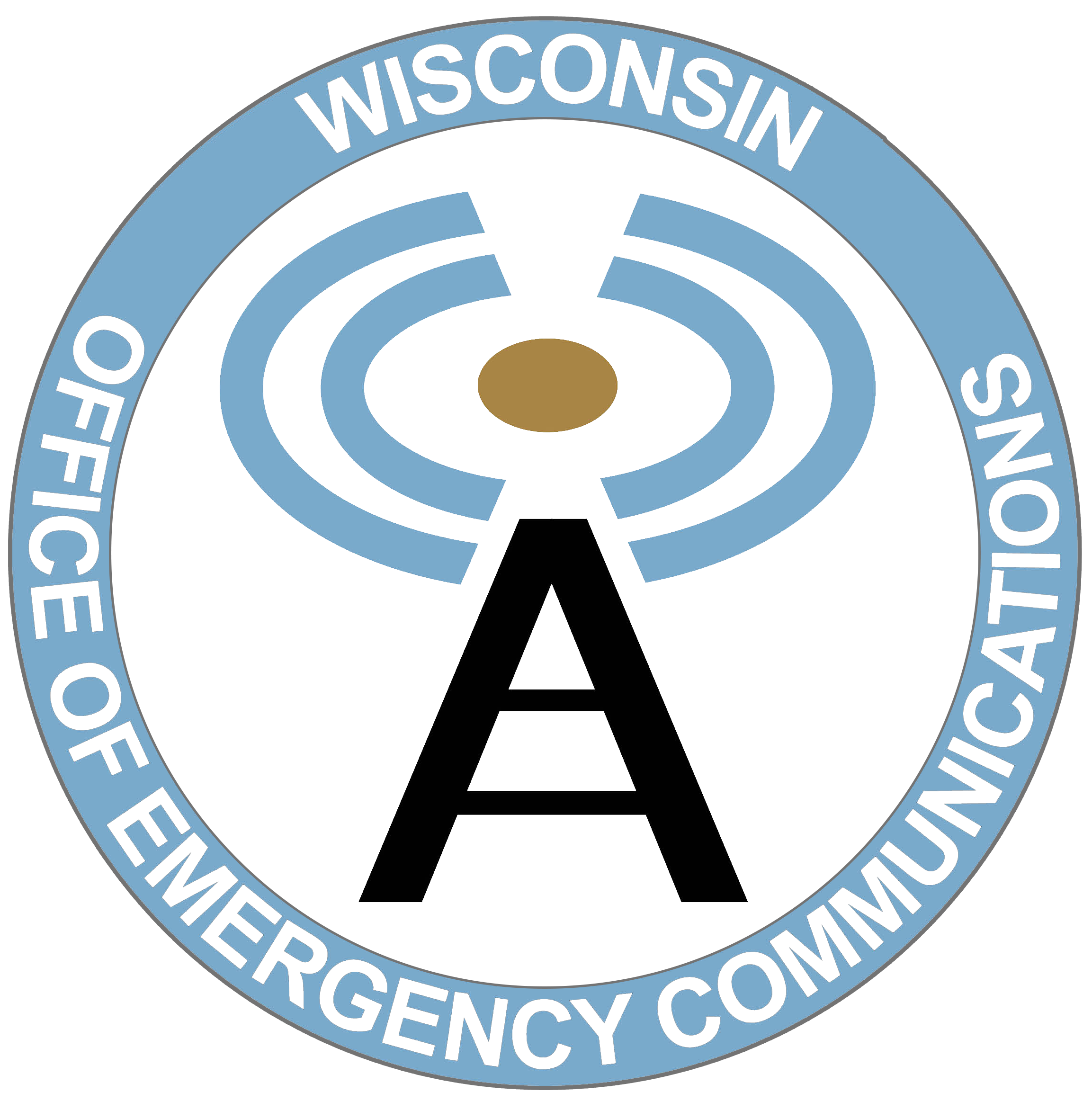Advanced Telecommunicator Training Guidance
The purpose of this document is to provide general guidelines and restrictions for applicants seeking funding for advanced telecommunicator training under the Chapter DMA 2 PSAP Grant Program.
- Grant funds cannot be used to achieve the basic training eligibility requirements outlined in DMA §2.04, Wis. Admin. Code., with the exception of emergency medical dispatch protocol training.
- Training attendees funded by the grant must meet the definition of “Telecommunicator,” as defined by DMA §2.02(12), Wis. Admin. Code.
- “An emergency response coordination professional trained to receive, access, and prioritize requests for emergency assistance.”
- All grant funded training must be approved by DMA/OEC in the original grant award or through subsequent grant modification.
- The title of the specific training(s), including the number of anticipated attendees and their associated allowable grant costs must be identified in each grant application.
- Agendas for conferences or similar meetings must include advanced telecommunicator training course topics or be required for continuing education units for EMD. A copy of the agenda will be required at grant closeout.
- OEC will provide budget notes in the grant award documents that indicate any training that is not approved for grant reimbursement.
- Instructor costs and attendee travel related costs are allowable. Staff time to attend training is considered unallowable as PSAP overhead costs.
- Starting with the FY26 grant awards, travel reimbursement such as mileage and meals will be at the grantee’s locally approved rates. Wisconsin state and local taxes are unallowable.
Advanced telecommunicator training under this grant program should be topics beyond what is required in the basic training eligibility requirements to develop advanced skill sets needed for new technologies such as NextGen9-1-1. Any potential training not listed as an example below will need to undergo the evaluation process for a final determination on whether that training would be considered allowable.
The following page includes examples of allowable and unallowable advanced telecommunicator training based on previously approved advanced training and this guidance document.
ALL grant funded training must be approved by OEC in your original grant award or through a grant modification.
Allowable Training Examples
- *EMD training, including continuing education units required
- *Mental health, stress resiliency, and other job wellness trainings
- Emergency Fire Dispatch (EFD) and Emergency Police Dispatch (EPD) protocols
- Text-to-911 and other multimedia-to-911 training
- Cybersecurity training
- Incident tactical dispatcher (INTD)
- Virtual Academy (excluding certain add- ons and cannot be used to meet basic training requirements)
- NENA Excellence in Dispatch certificate prerequisite courses
- WIPSCOM Conference and other similar industry conferences that include session topics considered to be advanced telecommunicator training
- CTO training
Unallowable Training Examples
- APCO 40-hour basic training course, NENA core competencies, or similar industry basic training courses
- APCO Project 33 training program certification
- Certain Virtual Academy add-ons: CTO, TMS, Policy Management
- Telecommunicator Assisted CPR (T-CPR) certification and other related expenses allowable under the WI DHS grant program
- Trainings related to a supervisory role such as NENA CMCP/Supervisor courses
- Trainings related to leadership such as 911der Woman Academy workshops, FBI LEEDA
- Trainings related to professional development/certification such as NENA ENP/APCO CPE
- NENA/APCO and other similar industry committee meetings
- Staff hiring software such as CritiCall
*Denotes FY26 grant priority
Frequently Asked Questions
- What documentation will be required at grant period closeout?
In addition to the required financial documentation, a telecommunicator training record must be submitted with the closeout materials, including the title of the training, the attendee(s) name and their working title. A telecommunicator training record template can be found as a separate tab in the grant closeout spreadsheet. A copy of the agenda will be required for any grant reimbursement that includes travel-related expenses. - Can grant funds be used to host training for multiple PSAPs?
PSAPs may offer training to telecommunicators at other PSAPs (including non-designated PSAPs), so long as the grantee is prioritizing their own telecommunicators. The host PSAP using grant funding may not charge for attendance or receive any funds back from non-designated PSAPs. Grantees may also split the total cost of a training with another designated PSAP using grant funds as long as both grantees have clear documentation of the split payment and what it was for. Attendees employed at a Wisconsin PSAP should receive priority.
